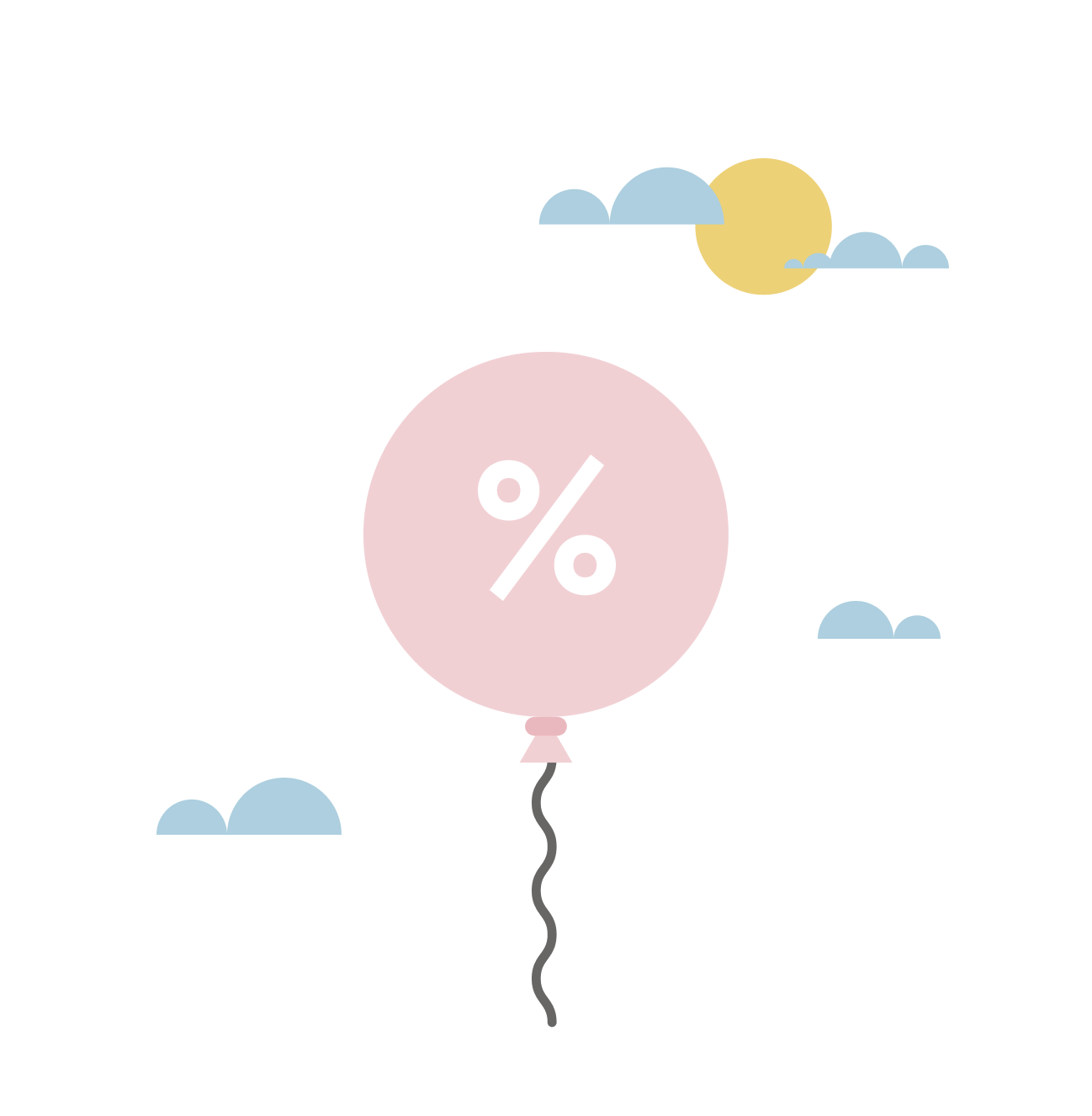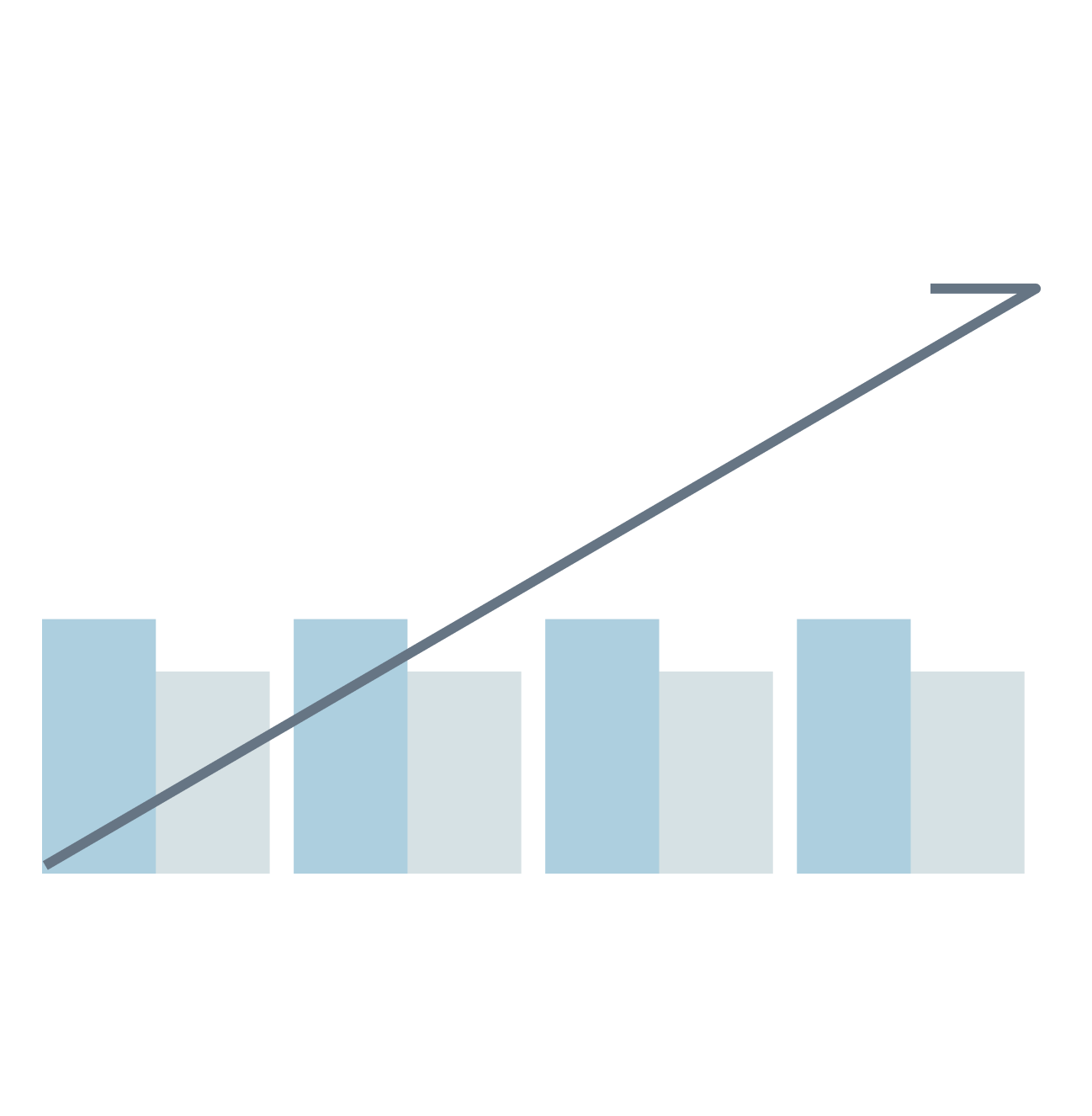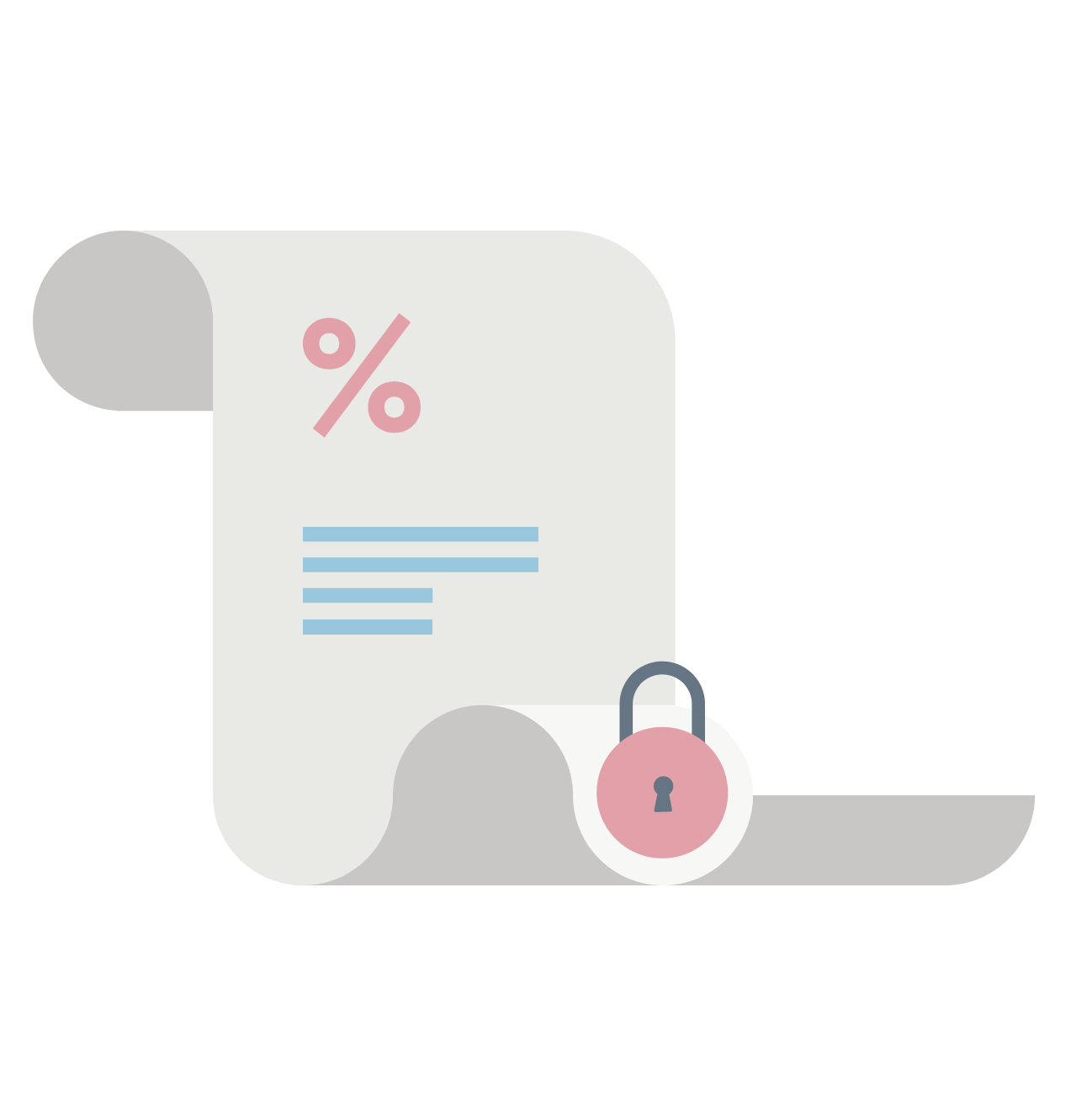Fixing interest – a way to manage your business plans
Fixed rates are applicable for loans, credit lines, and credit lines (overdrafts). The applicable fixed interest rate level will depend on the fixing period, repayment schedule, loan amount, etc. For further details, please consult your relationship manager or advisor.
Long-term interest rates are almost always higher than short-term rates, the main reason for this being term premia, liquidity premia, and the insurance component.
Yes, you can switch from a fixed interest rate to floating rate throughout your agreement. If your rate fixing period is up to 1 year, and you want to change your rate from fixed to floating, no breakage fees will be applied, except from the agreement amendment fee, as indicated in the pricelist. If your rate fixing period is longer than 1 year, in addition to the credit agreement amendment fee, a breakage fee will be applied from the outstanding loan amount, as stated in your credit agreement.
Yes, you may repay your loan early in full or partially. The fee for early loan repayment is indicated in your credit agreement or Luminor's Price List. If the fixing period is up to 1 year, no additional breakage fees will be applied. If the rate is fixed for a period longer than 1 year, you will be charged an additional breakage fee from the prepaid loan amount. The fee will be indicated in your credit agreement.
Yes, you may fix the interest rate for the entire remaining loan period (up to 4 years) or for any shorter period. The interest rate can be fixed for up to 5 years for loans.
The interest rate may be fixed for up to 1 year for credit lines and credit lines (overdrafts) loans.










